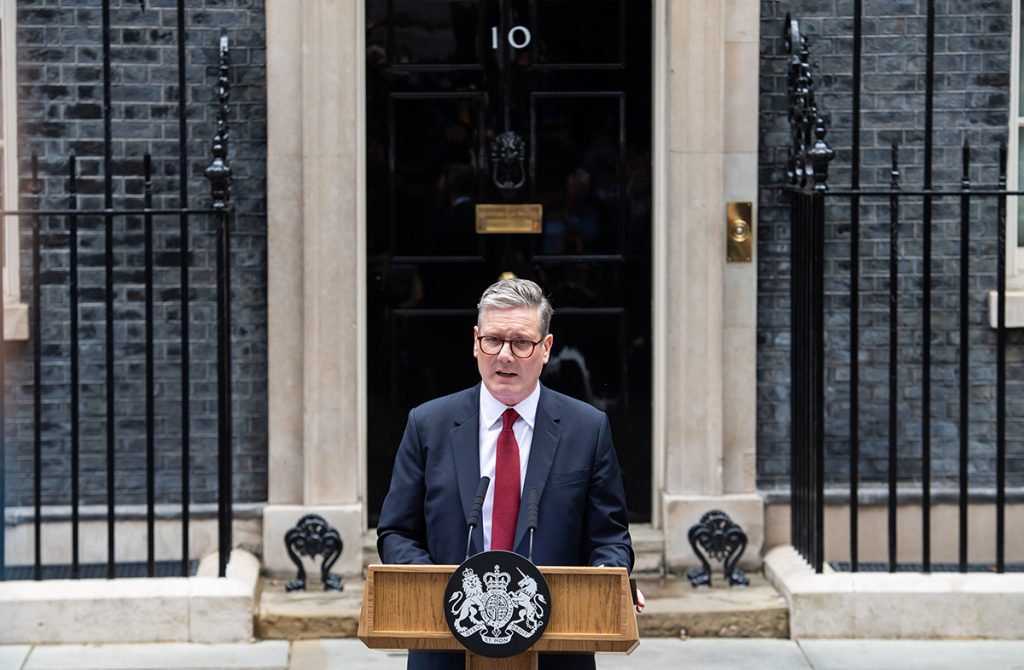Prime Minister Sir Keir Starmer has been thrust into the limelight amid accusations of favoritism concerning several governmental appointments. The controversy arose after it was revealed that numerous positions were filled by individuals with close ties to the Labour Party, a move criticized by the Conservative Party as biased.
The heart of the dispute lies in the hiring of figures associated with Labour for roles traditionally held by neutral civil servants. Notably, Lord Waheed Alli, Labour’s most significant financial backer, received a temporary pass to Downing Street, purportedly to aid with essential transitional duties for the new leadership, a pass that has since lapsed.
Furthermore, the government appointed Ian Corfield, another Labour supporter, to a pivotal role in the Treasury to help organize a major investment summit slated for October. Following public backlash, it has been declared that Corfield will fulfill his duties without compensation. Other appointments include a Labour-affiliated think tank researcher and a former consultant to the office of Technology Secretary Peter Kyle, both of whom have secured top civil service positions.
These appointments were made through special exceptions that permit the expedited hiring of individuals with unique skills or for temporary assignments. This fast-track process has been employed over a hundred times in the last year, intensifying the current debate.
In defense of these practices, Starmer highlighted the necessity of quickly rebuilding the government’s framework to correct the previous administration’s shortcomings. He stressed the need for capable people in vital positions to speed up this reform. The Prime Minister dismissed criticisms from the Conservatives, condemning their past governance, which he believes adversely affected the country.
Adding to the government’s challenges, a recent announcement indicated a restart in the search for a new national security adviser, following the withdrawal of Major General Gwyn Jenkins from the role, intended to succeed Sir Tim Barrow. The reasons for Jenkins’ departure have not been disclosed, but Downing Street has committed to a more transparent selection process going forward.
Prime Minister Starmer’s robust defense of his hiring decisions and the reset of the national security adviser search reflect his determination to reform his administration quickly and efficiently amidst mounting criticisms. These developments underscore the ongoing internal struggles in British politics as the new leadership seeks to distinguish itself from previous controversies and governance styles. The results of these efforts will significantly influence the effectiveness and public perception of Starmer’s tenure as he steers through these politically charged times.


